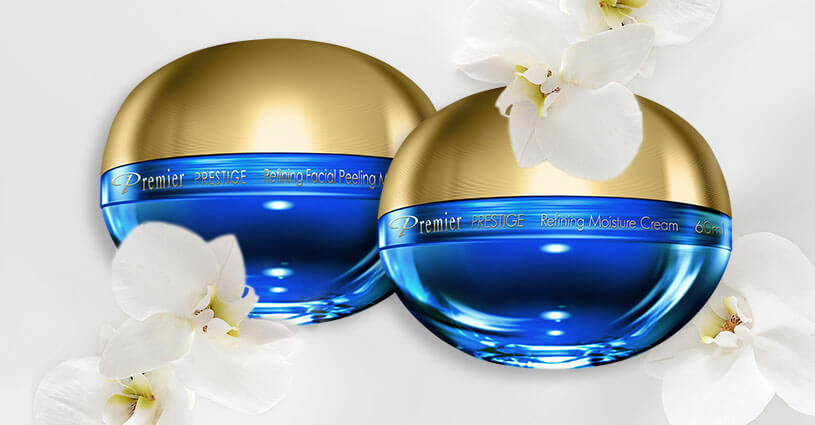30%off sitewide - over €99 | Discount Applies In Cart
Aside from the first six weeks of a new relationship, we never pretended to be perfect. And aside from when we post in internet discussion forums, we never pretend to know everything. We completely get how skin care rules and regimens can get confusing, especially since one week we read one thing, and the next week we read the exact opposite.
What we want to do here is clear up a few of the common skin care misconceptions that are wreaking havoc on complexions everywhere. We may not know everything, but we know these things for sure.
Skin care misconception #1: we don’t need SPF in the winter
Repeat after us: sunscreen every single day. If it’s sunny, if it’s dreary, drizzling, pouring, snowing, hailing, if there is a cloud of volcanic ash blocking your view of the sun, you still need sunblock. You may need a higher SPF in the summer, we’re talking 30+, but in the winter you still need a minimum of SPF 15 to prevent sun damage like fine lines and hyperpigmentation.
Skin care misconception #2: dry skin and dehydrated skin is the same thing
We will admit, dry skin and dehydrated skin have very similar symptoms. However, which is which matters because dry skin and dehydrated skin have to be treated differently. Dry skin happens when you don’t have enough sebum or surface oils locking moisture into your skin. Dehydrated skin indicates an actual lack of water in the skin, which is frequently caused by overall dehydration. It’s entirely possible to have oily skin that’s dehydrated.
Skin care misconception #3: oily skin doesn’t need to be moisturized
When you’re staring at a very shiny version of yourself in the mirror, slathering on moisturizer may seem like the last thing you want to do. In actuality, it’s the third thing you want to do, right after cleansing and then toning with a toner formulated to recondition oily skin, like Dead Sea Premier’s Skin Toner for Normal to Oily Skin. If you wash your face, thereby removing the surface oils, and you don’t follow up with moisturizer, you’re just going to be sending a signal to your skin that it needs to produce more oil.
 Spanish
Spanish